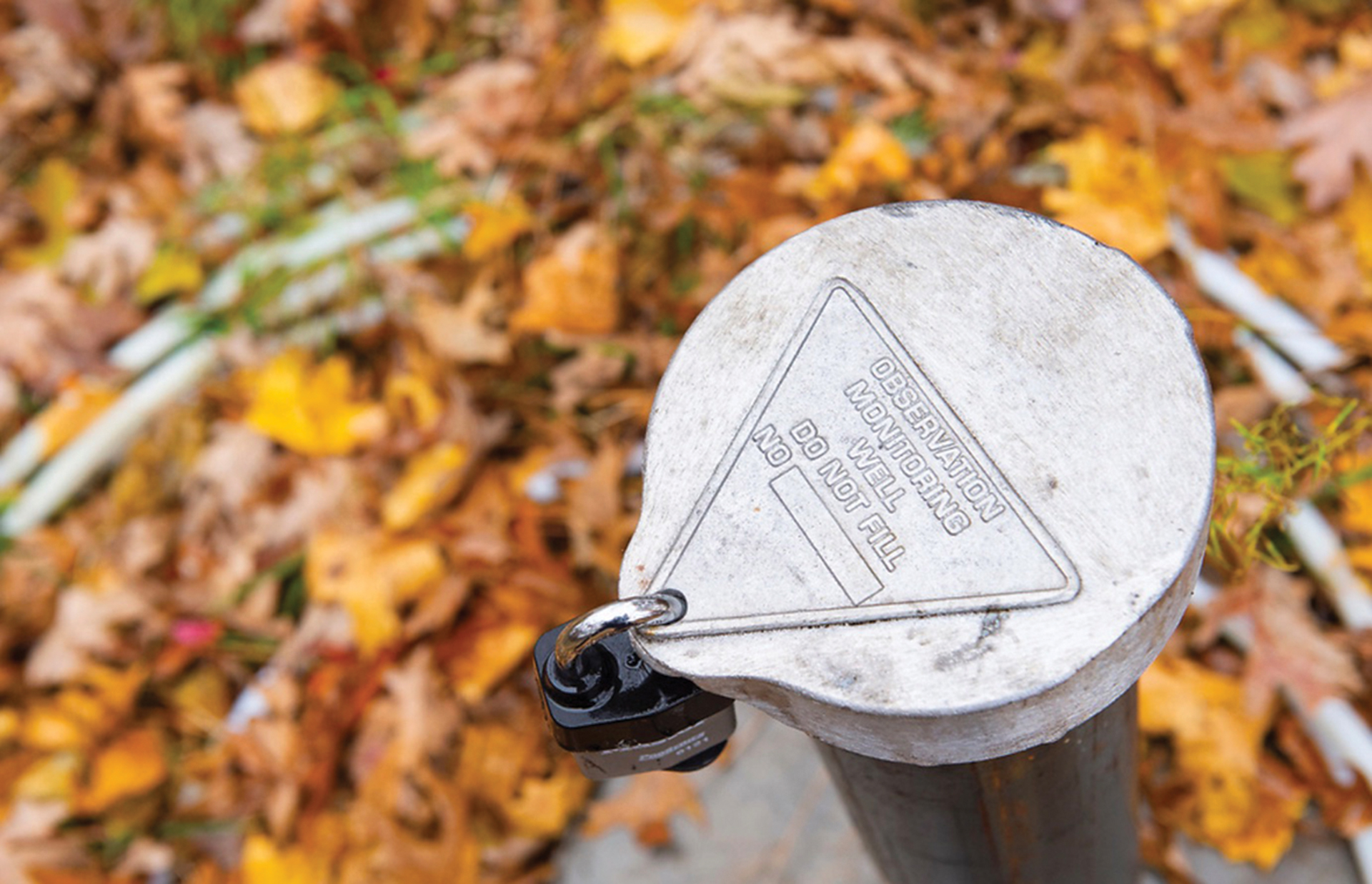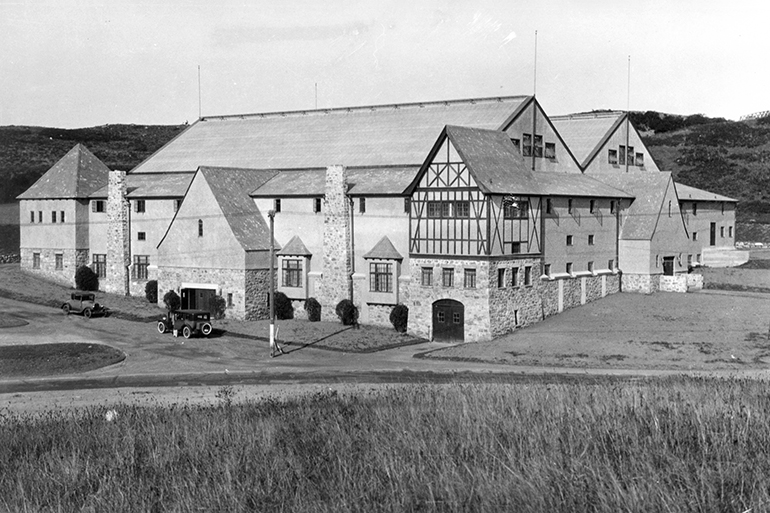Grant Helps Southampton Improve Water

The state awarded the Town of Southampton $1 million for infrastructure improvements for the residents and businesses in East Quogue currently sourcing water from private wells.
A testing program and protocol initiated by the Suffolk County Department of Health, as part of Governor Andrew Cuomo’s Clean Water Initiative, had identified properties in East Quogue potentially affected by emerging contaminants that did not have access to public water. The town had set aside $4 million for Suffolk County Water Authority to extend water mains, also covering surcharges and associated tapping fees, in January 2019, hoping the grant through the state’s Water Infrastructure Improvement Act could cover 60 percent, or at the time, $1.2 million of the $2 million cost.
“It’s a significant amount of money,” Deputy Supervisor Frank Zappone said previously.
Southampton applied for the grant the same month it approved using the Community Preservation Fund, hoping to be reimbursed. CPF revenues could pay for the project thanks to Cuomo signing a bill in December 2018 allowing the fund, which is financed through a two-percent tax on real estate transfers, to be used to build water mains in areas affected by drinking water contamination.
“I am very pleased by this award,” Councilman John Bouvier said. “This will offset some of the costs currently being borne by our CPF water quality funding and free up spending for other projects.”
In February 2018, the state Department of Environmental Conservation found perfluorooctanesulfonic and perfluorooctanoic acids, commonly known as PFOS and PFOA, at levels 150 times the federal health advisory limit at the former Damascus Road landfill in East Quogue. The testing was conducted as part of a broader state investigation into how pollution from closed landfills affects groundwater. The chemicals were detected in 45 private wells in the hamlet. Currently, there are approximately 111 residences and businesses in East Quogue relying on wells for drinking water. Health effects associated with the chemicals include liver damage, decreased fertility, developmental delays in fetuses and children, and possibly cancer, according to the U.S. Environmental Protection Agency.
desiree@indyeastend.com









